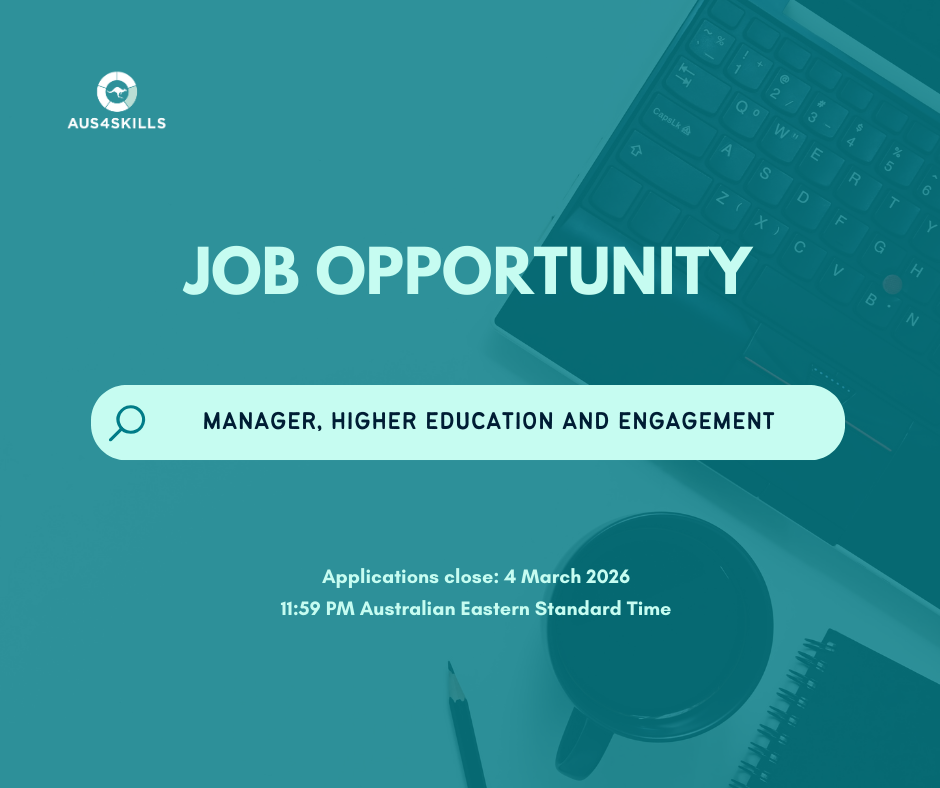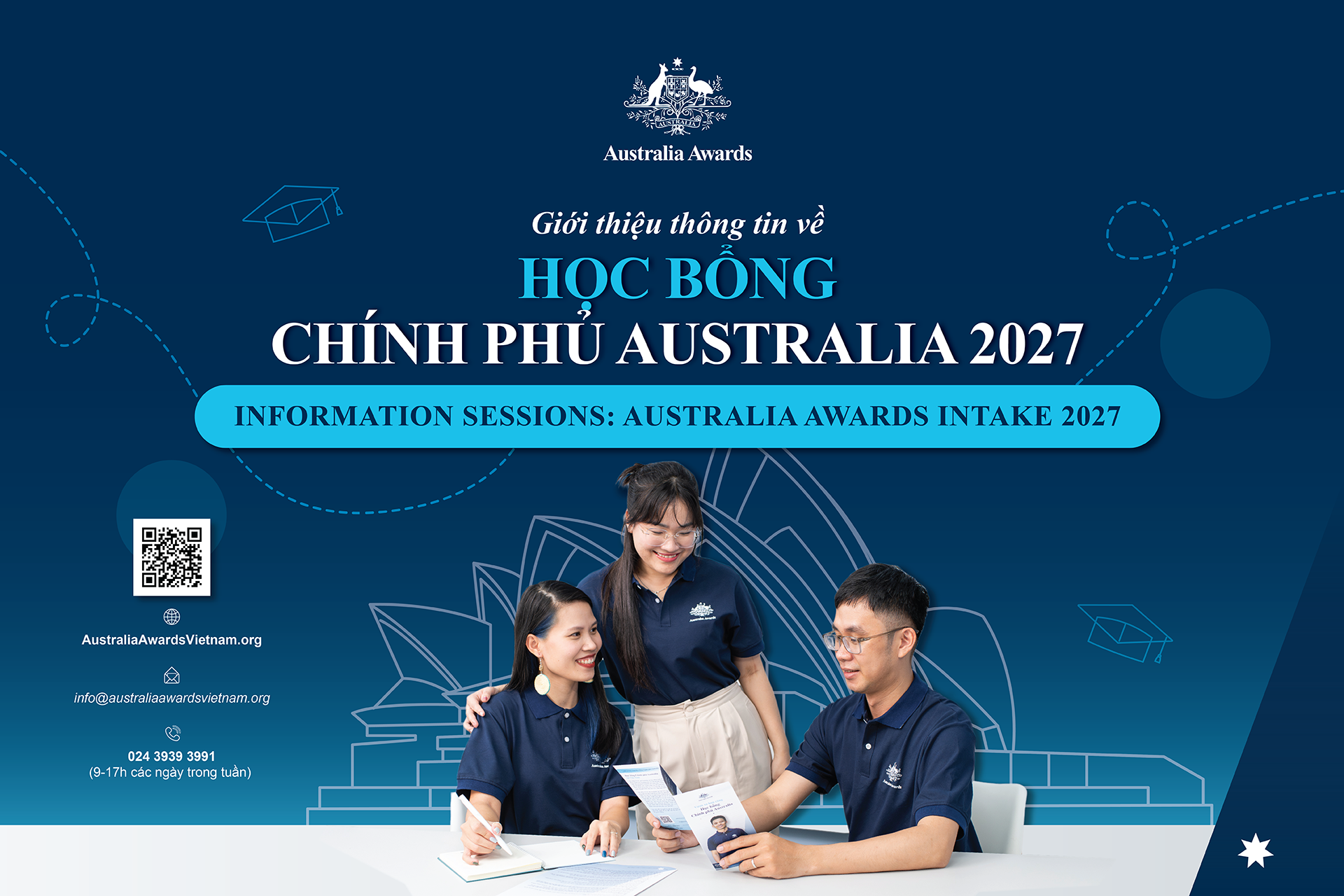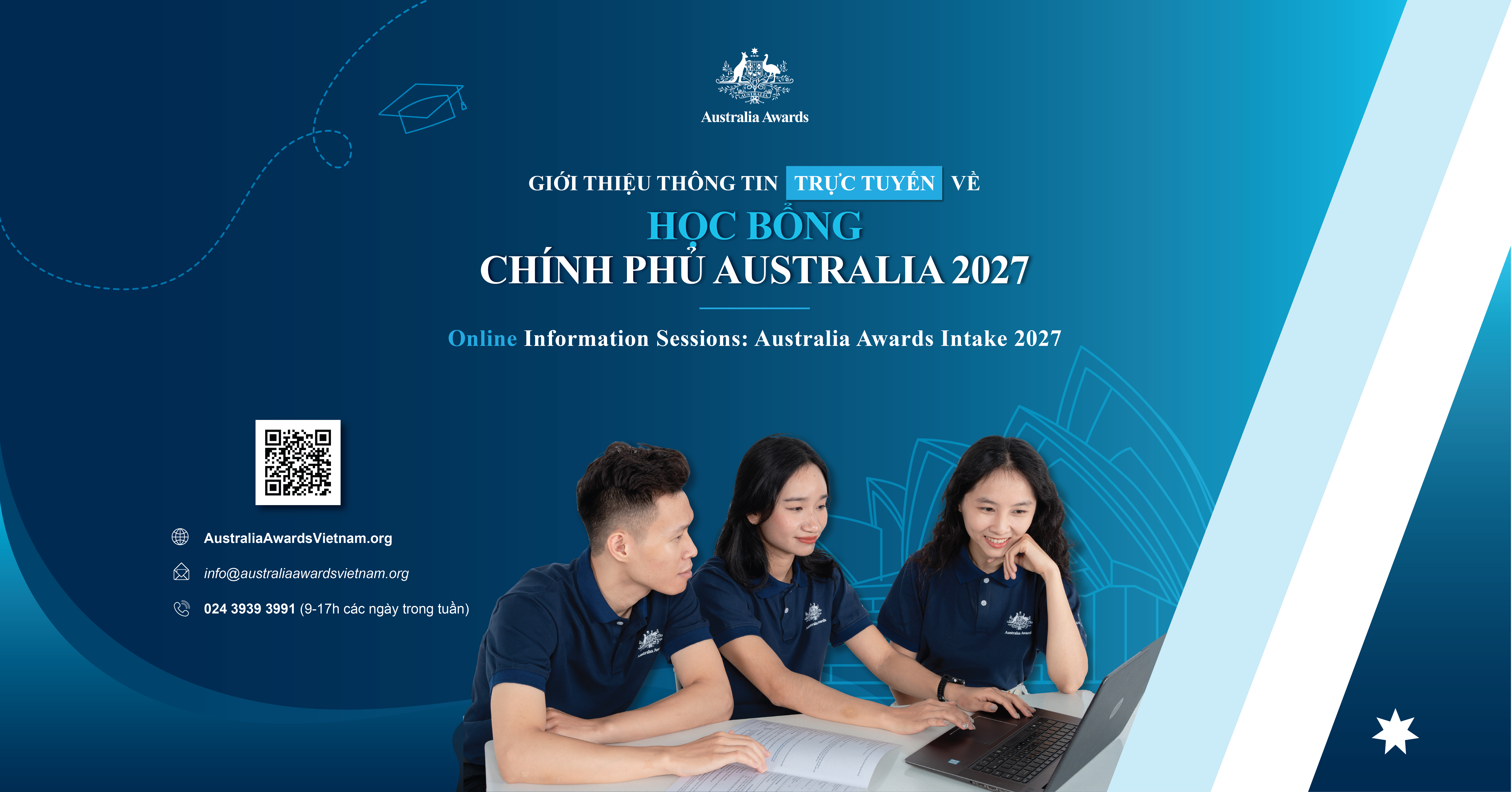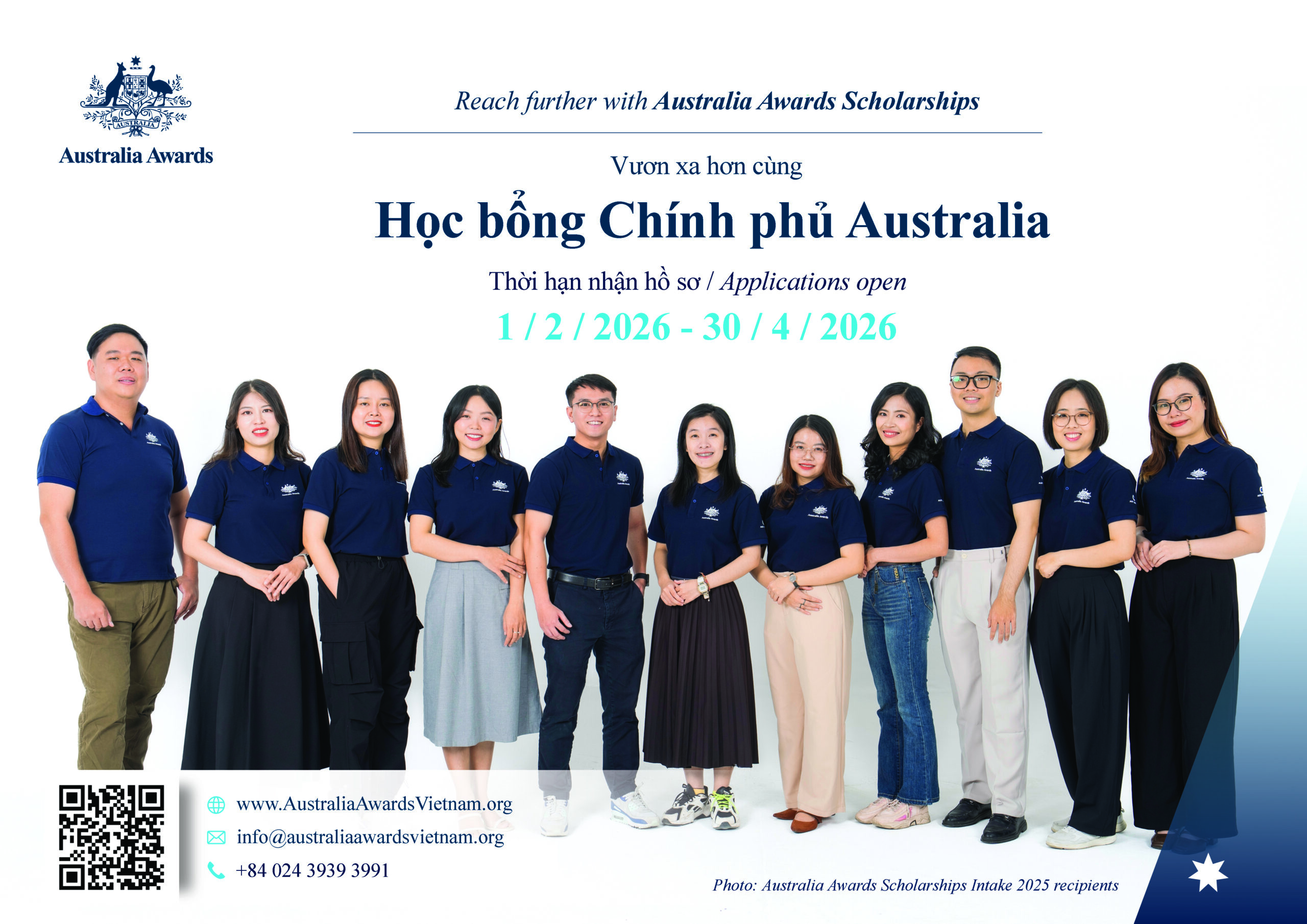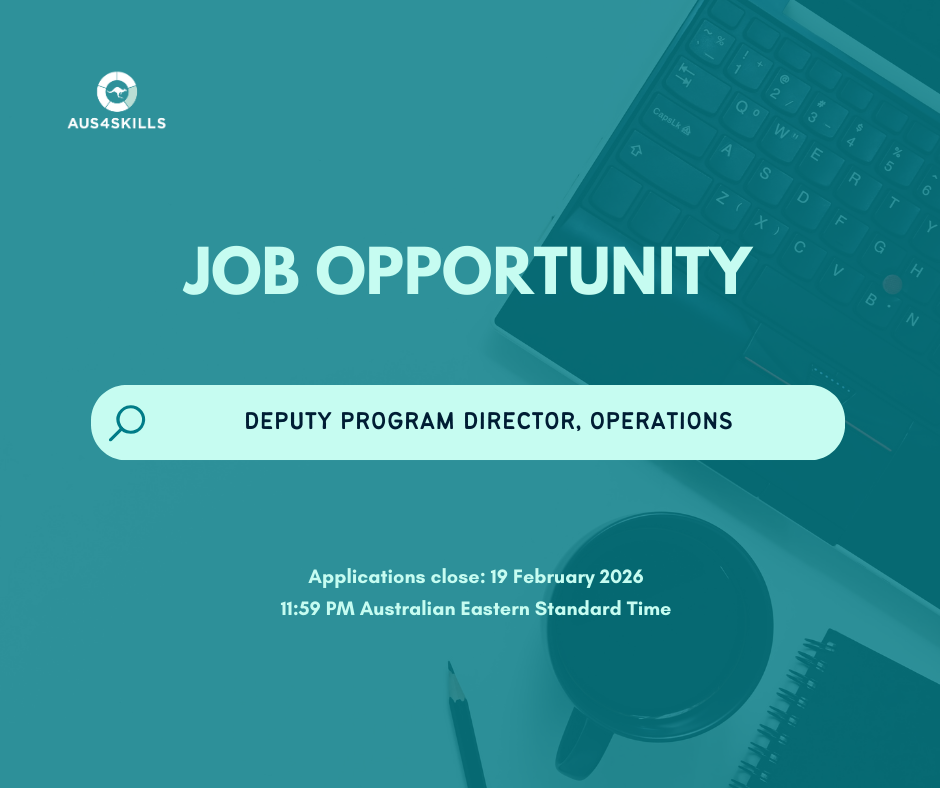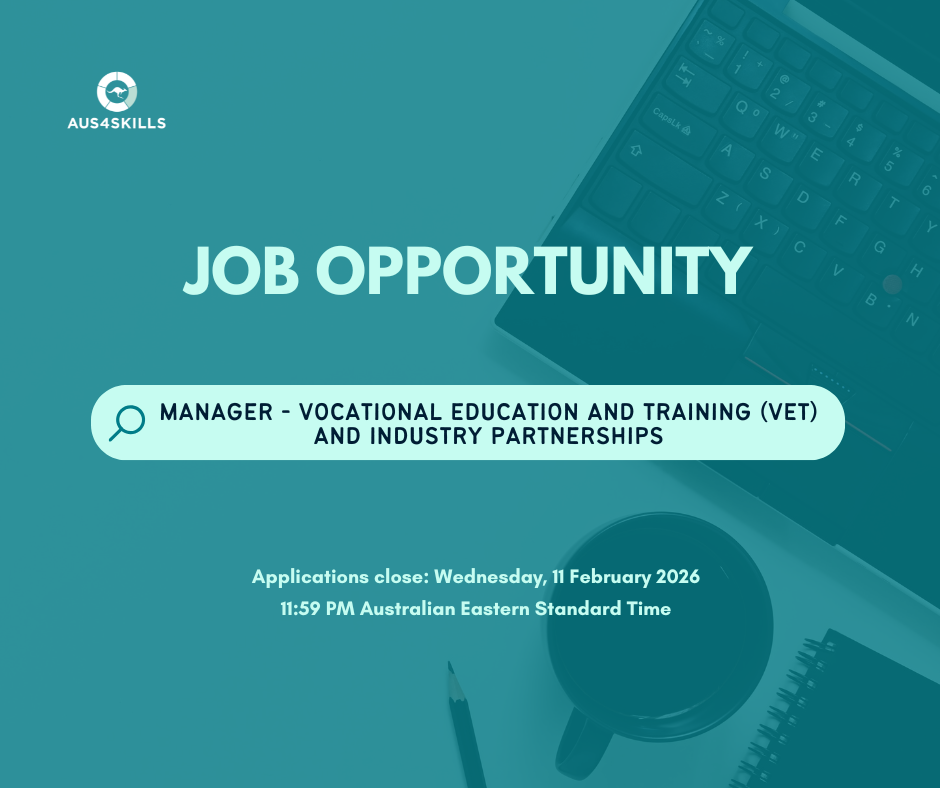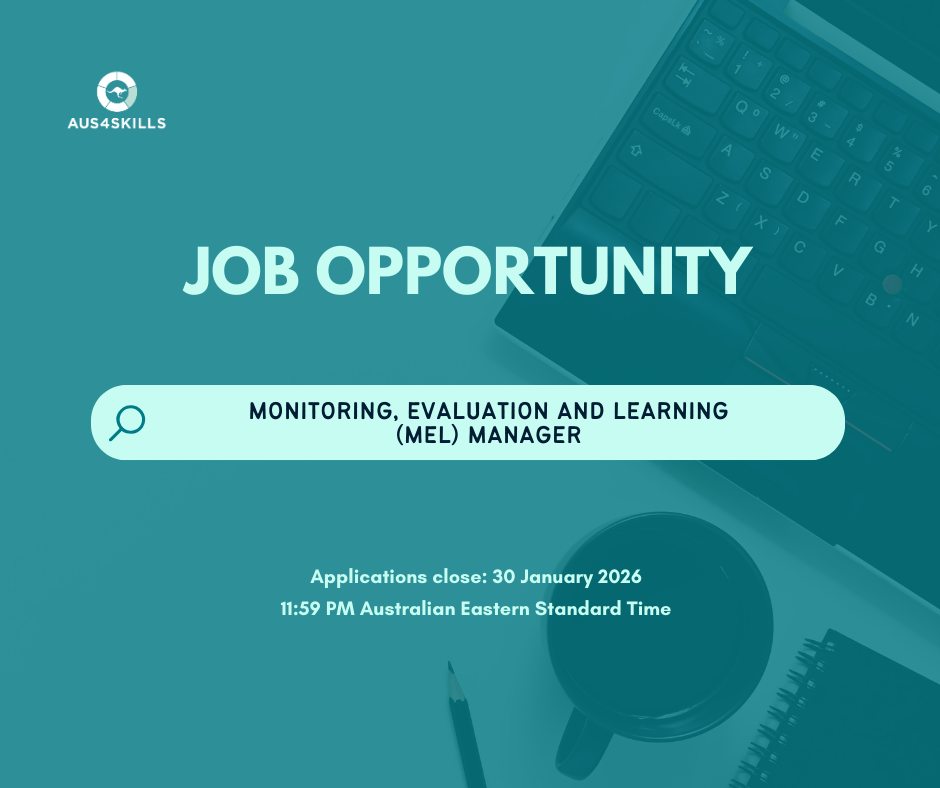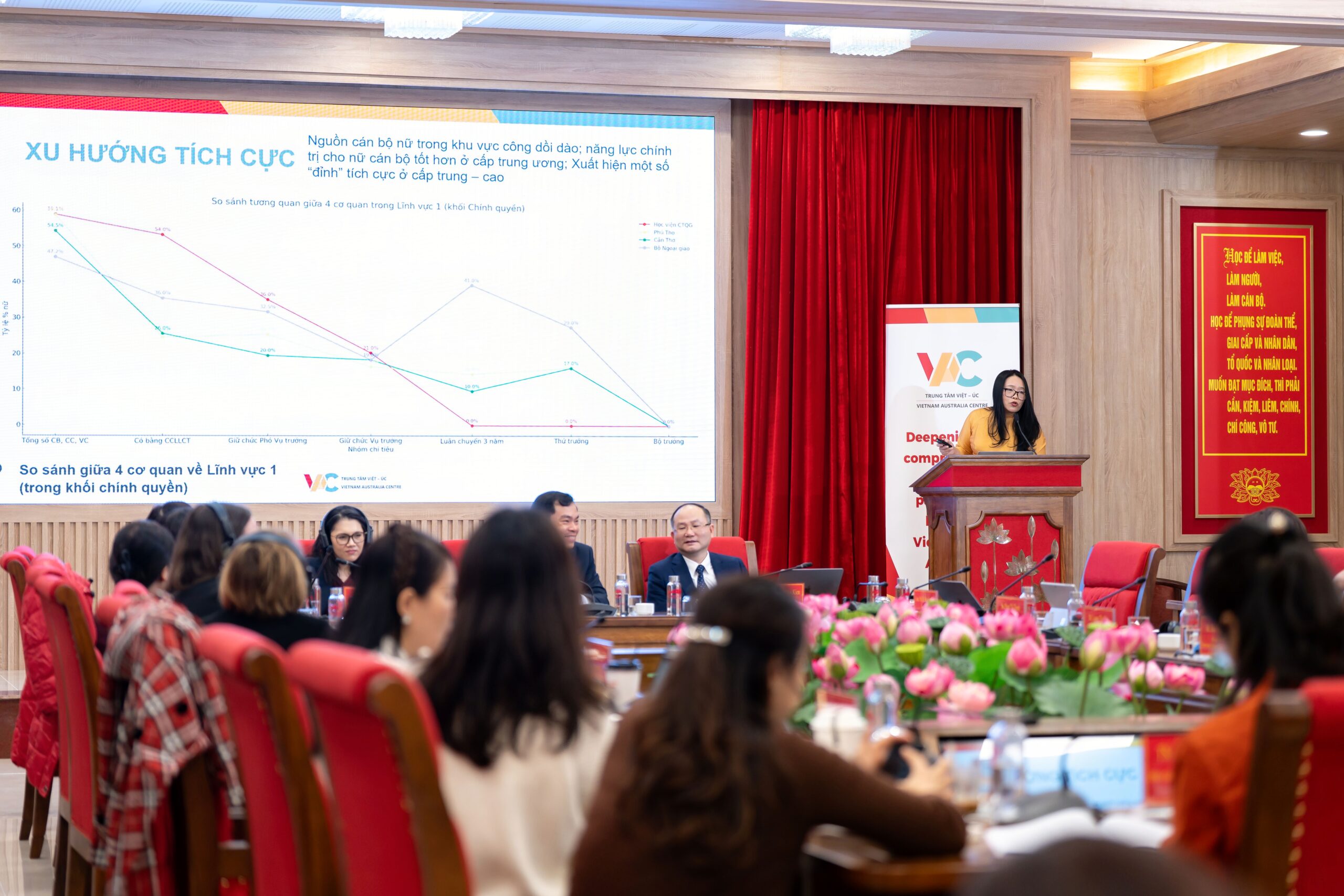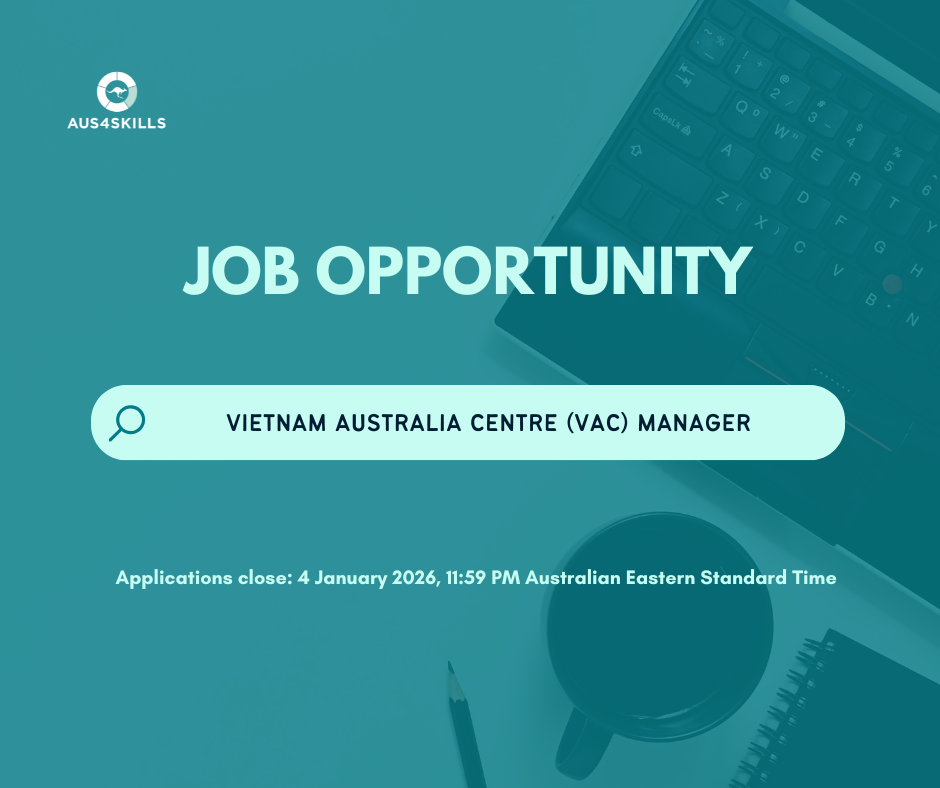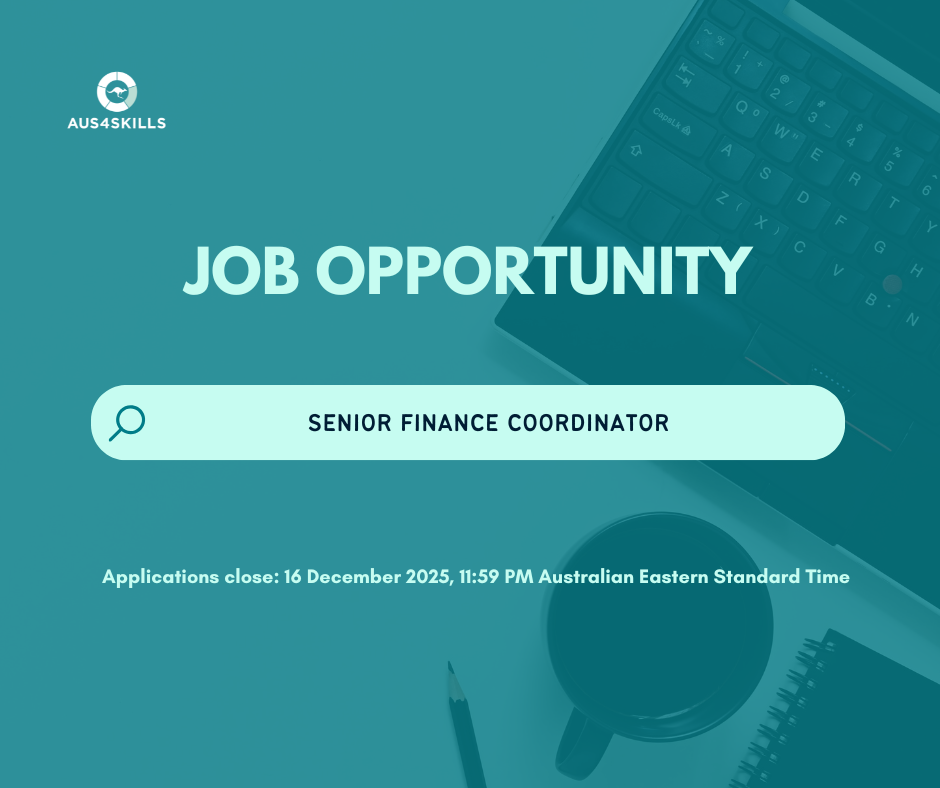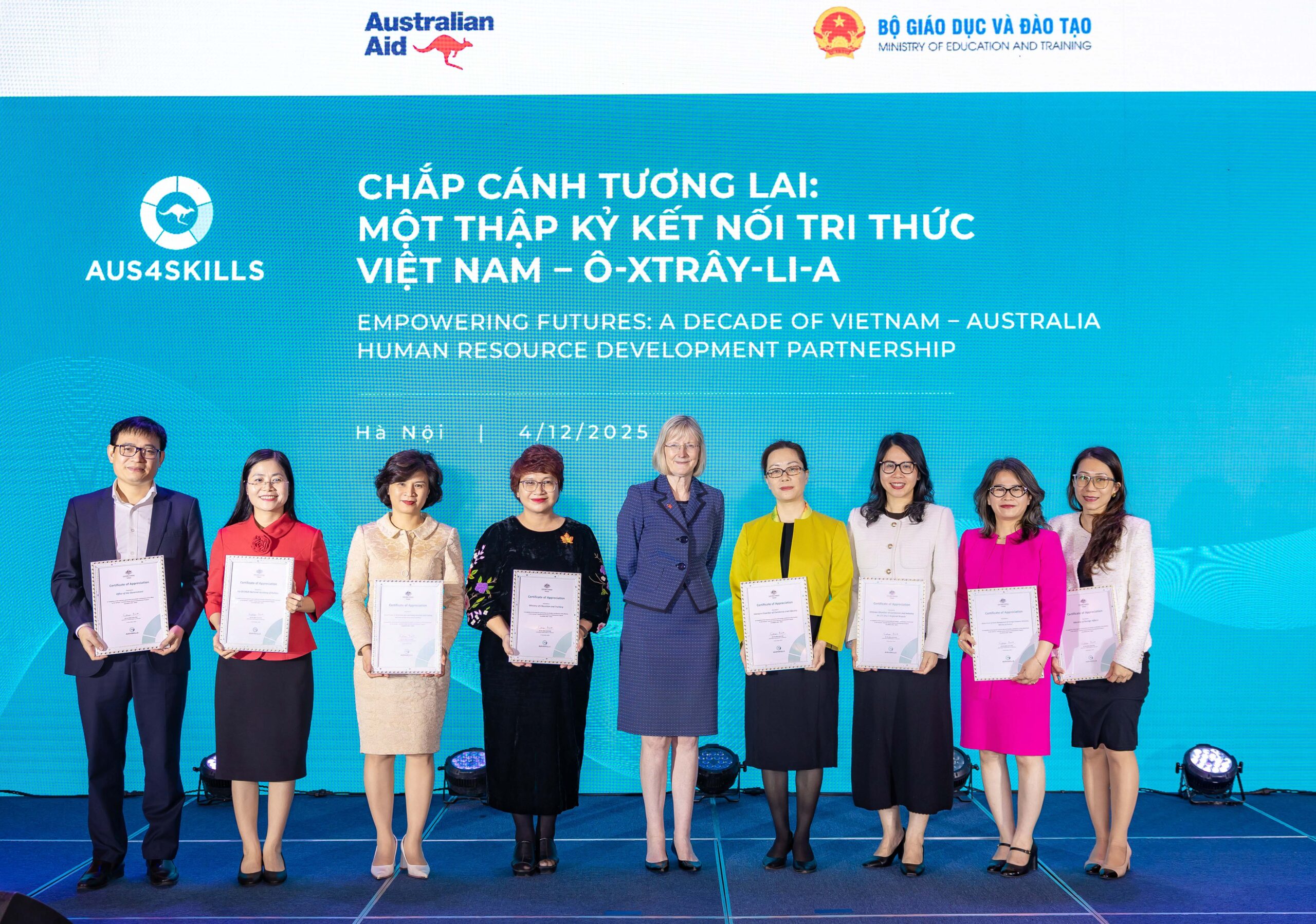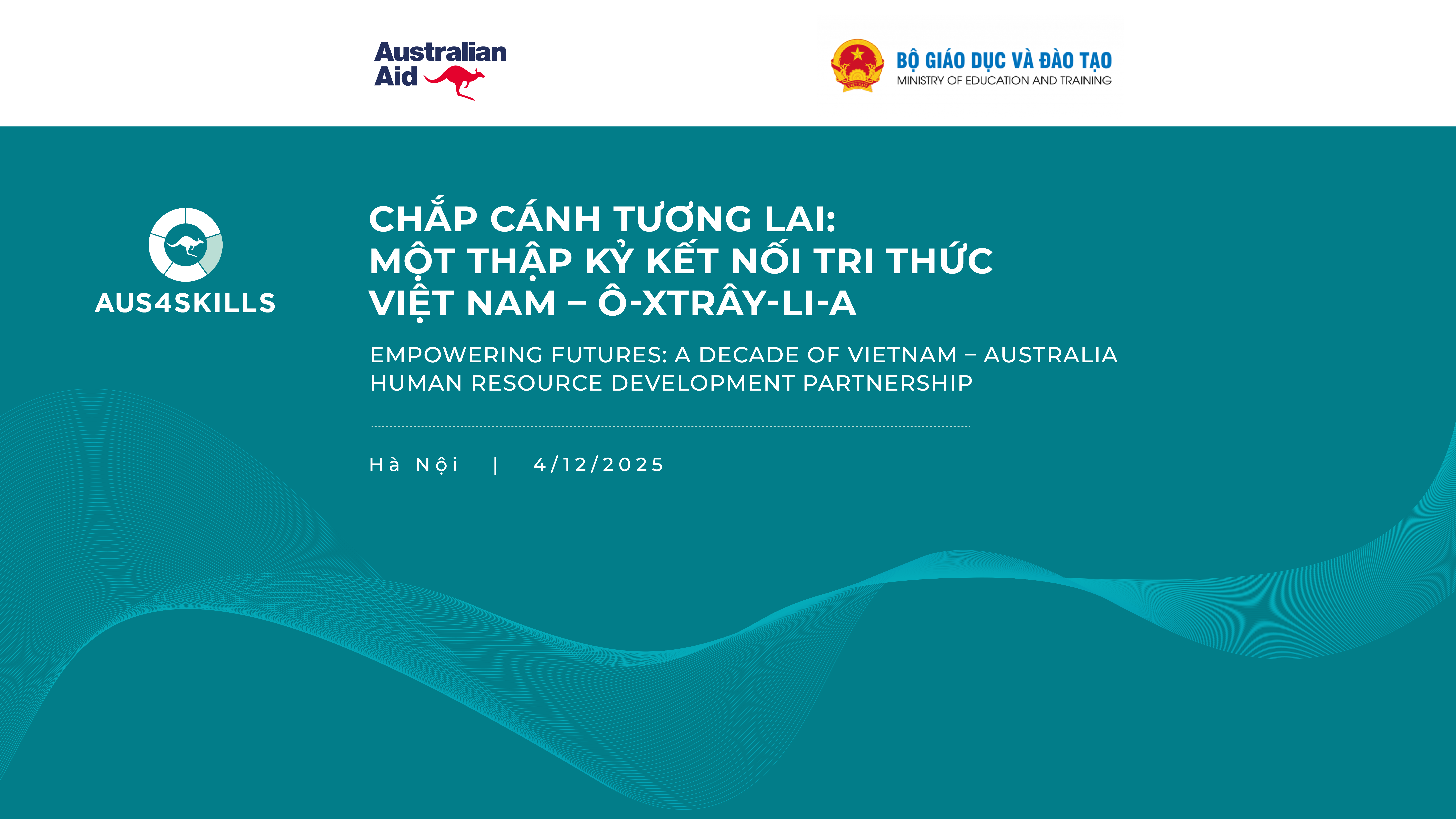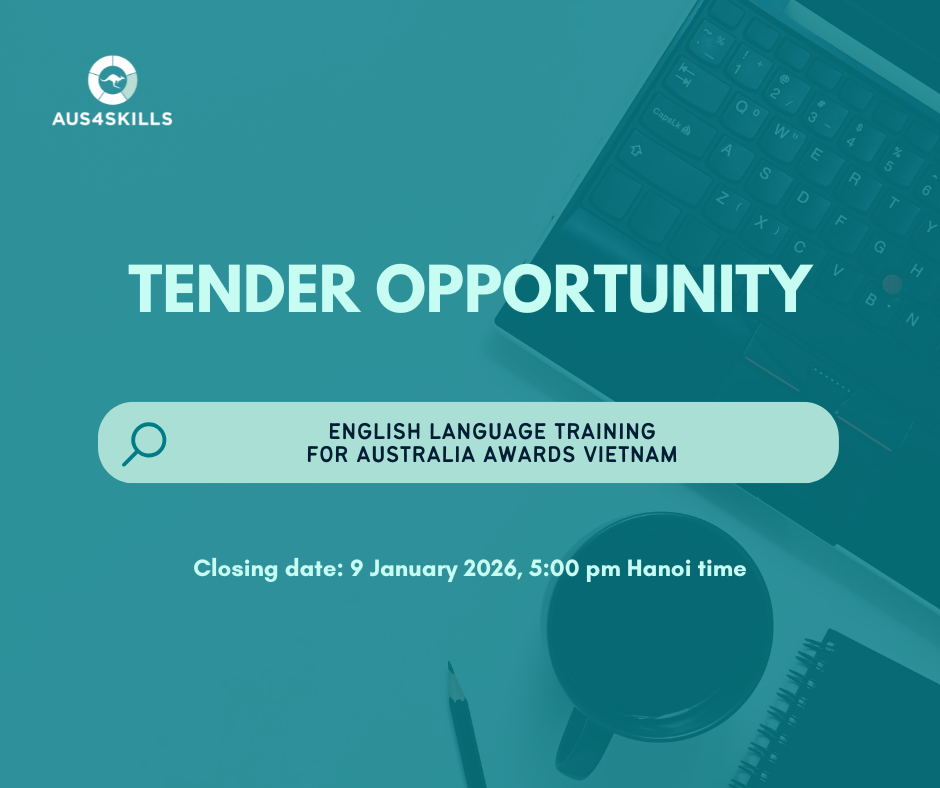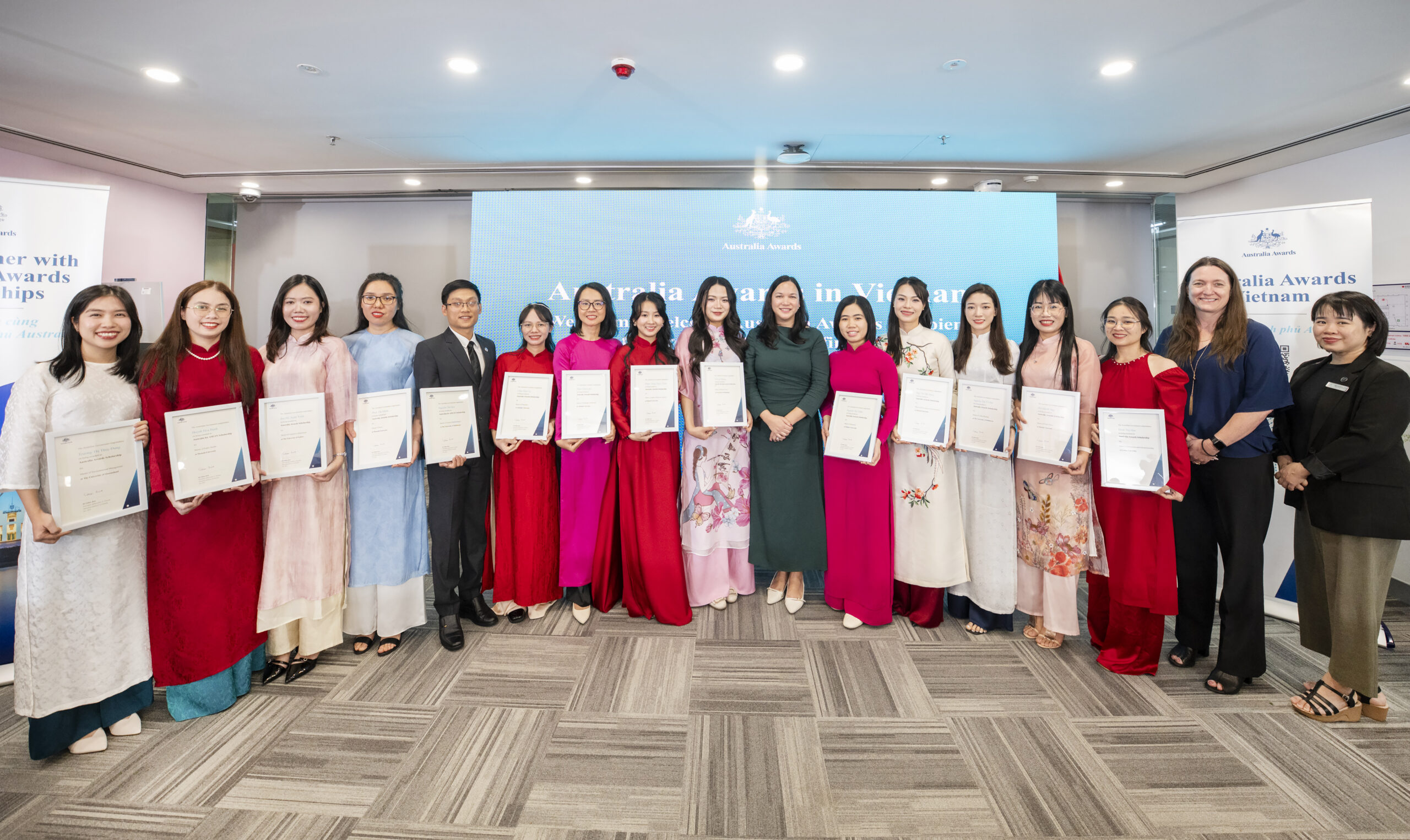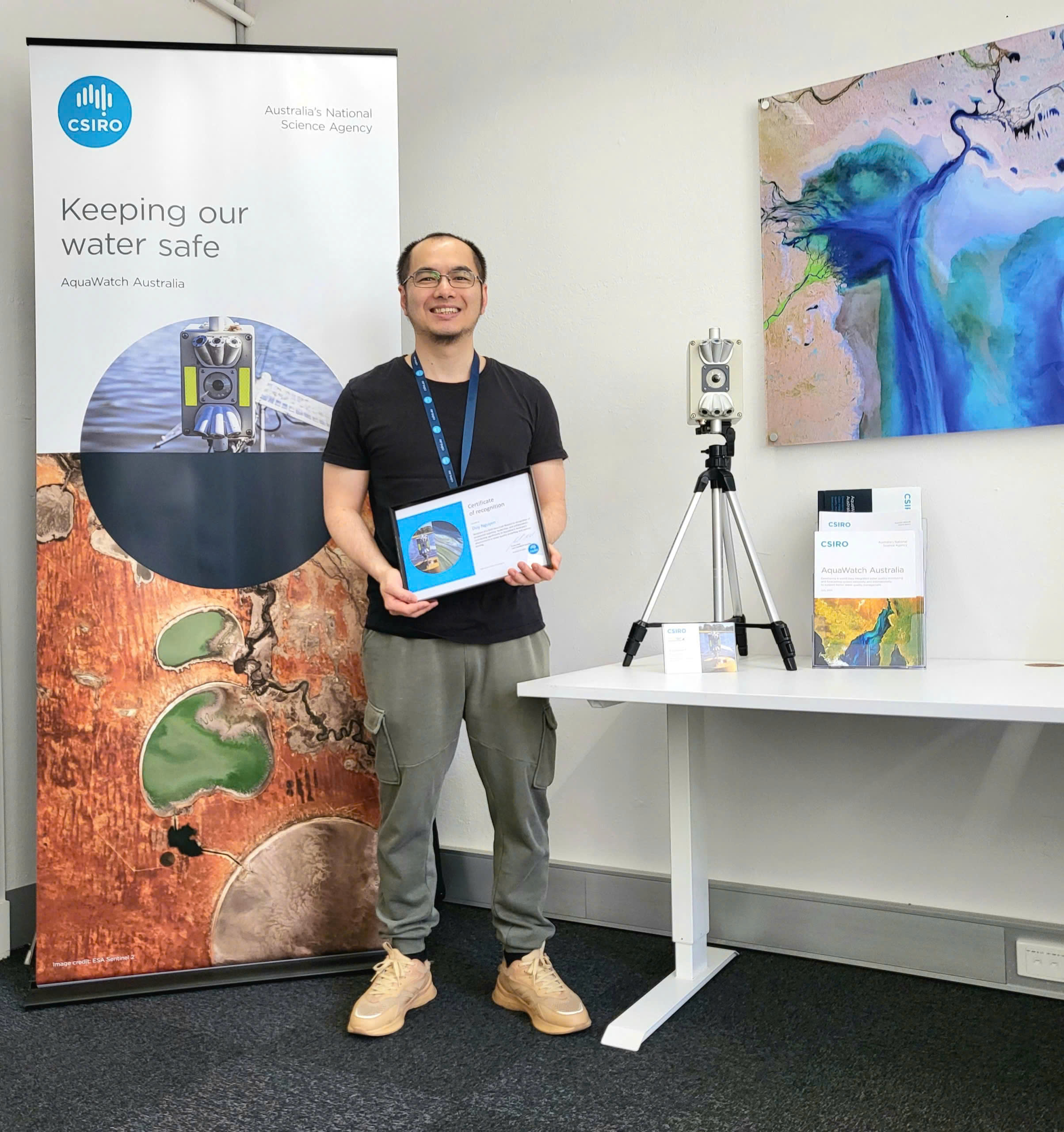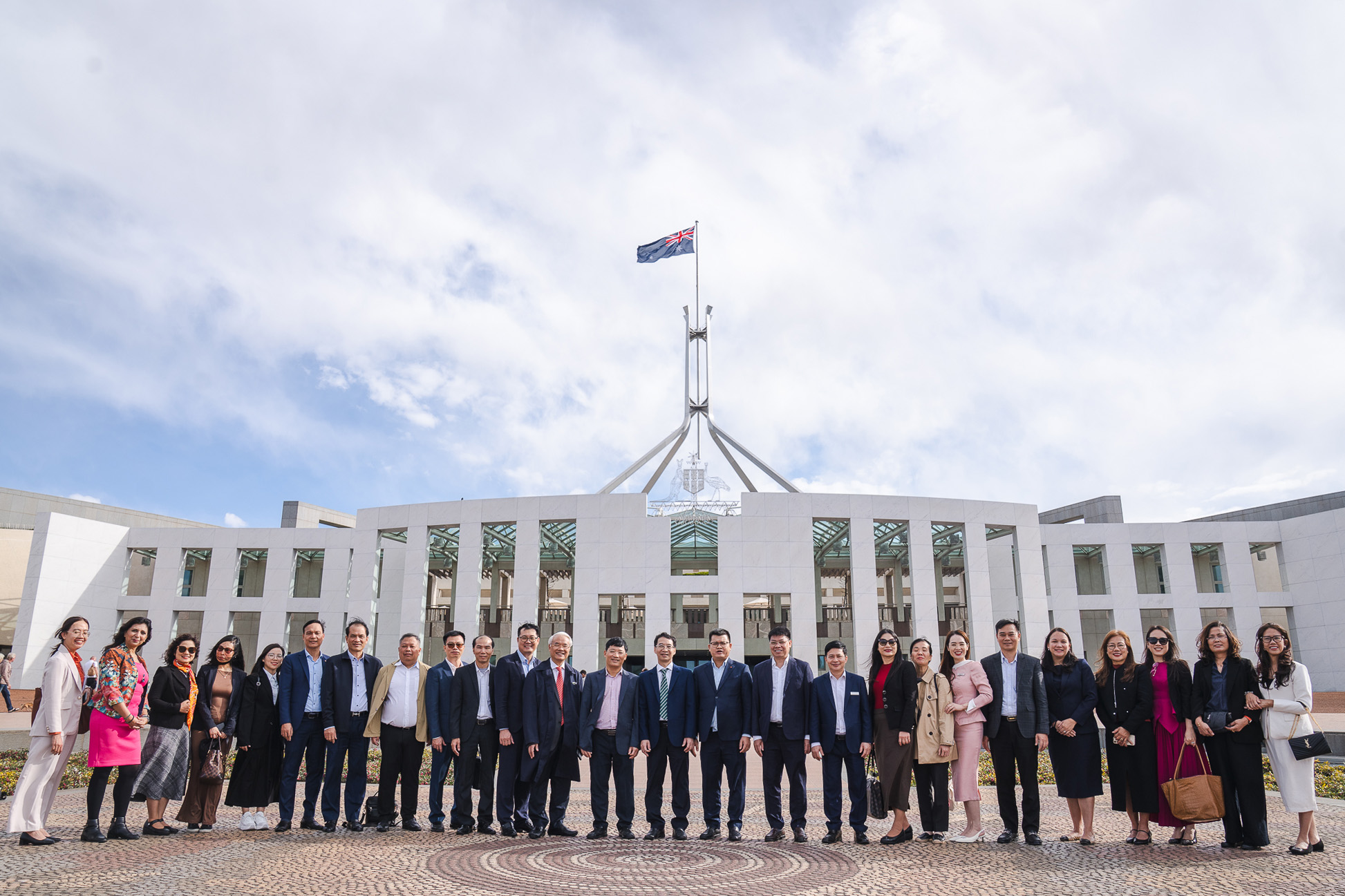(VTC News) – Dr. Tran Nam Nghiep, University of Adelaide, believes that the greatest success is not the achievements but the ability to create a bridge of knowledge and opportunities for cooperation between people of the two countries.
Let’s discuss with Dr. Tran Nam Nghiep, Senior lecturer, Deputy Dean of Faculty of International Cooperation (Southeast Asia), University of Adelaide, Australia.
– Australian Awards Scholarship (AAS) is known to be highly competitive. How did your journey to win this prestigious scholarship go?
In September 2011, after completing my Master’s Degree in Chemical Systems Engineering at the University of Tokyo (Japan), I returned Vietnam to continue my teaching career at Can Tho University. In addition to teaching, I also participated in some grassroots-level research projects and had the opportunity to hear about sustainable development orientations in the Mekong Delta region.
During a workshop, I happened to know the AAS program – back then known as the Australian Development Scholarship (ADS). I attended an information session organised by the Australian Development Scholarship in Vietnam (ASDiV), and that is when a new opportunity opened up in my career.
To be honest, at that time, I didn’t know much about Australia. However, I was very impressed by the generosity of the program when it provided funding for in-Vietnam English language training, financial support upon arrival in Australia with fully-covered tuition fees, living expenses, insurance, and even annual round-trip air ticket to visit family.
In particular, in the list of priority fields of study, there is sustainable development, a direction that I always believe will play a key role in Vietnam’s future development.
However, with my limited command of English, I was not very confident when submitting my application. However, surprisingly, in June 2012, I received an invitation to the interview round. At that time, my wife and I were raising two very young twins, and we had almost no time to prepare.
As a result, I was only in the reserve list, including 20 candidates, which means the chance for me to move on is only possible if someone refused the scholarship to Australia.
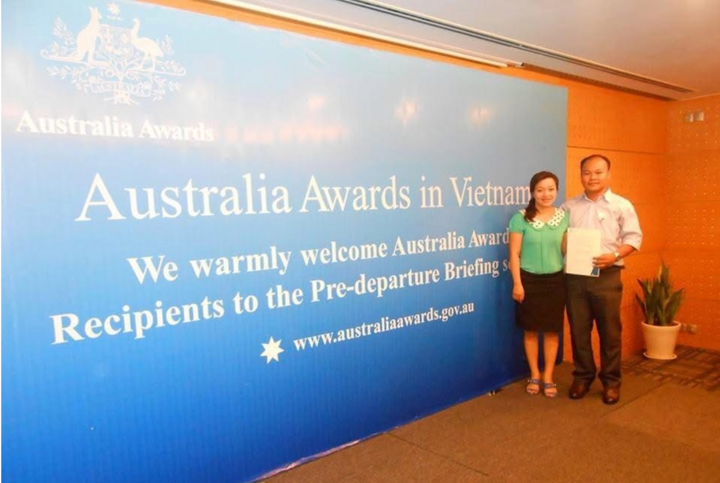
Tran Nam Nghiep and his wife at the Pre-Departure Briefing for Australia Awards Scholarships in 2013.
At that time, my chance was very frail due to the competitiveness of the scholarship. I proactively looked for another direction, asked for more advice from teachers and colleagues, and was lucky to receive a PhD scholarship in composite materials for excellent candidates from KU Leuven University, Belgium. I was about to sign the admission confirmation, thinking that this was the way to go.
However, life is always full of twists and turns at the last minute. In February 2013, I received an email from ASDiV informing me that I was awarded an Australian Government scholarship. At that moment, joy exploded, like a dream finally coming true, rekindling my desire to research and contribute to the field of science and technology development, serving the sustainable development orientation of my homeland.
I, of course, chose Australia as the destination to continue my academic pathway. With faith and gratitude, I began my PhD journey in Sustainable Chemical Engineering at the University of Adelaide, South Australia, which opened a new chapter in my life and career.
– How has your study in Australia helping your daily work?
In January 2014, I officially enrolled at the University of Adelaide, one of the top 8 universities in Australia. The first days in a foreign country were not easy. With limited command of English, I struggled to communicate with professors and international friends.
One time, while enthusiastically delivering my presentation, I suddenly realised that the entire panel was looking at me with wide eyes, not understanding what I was talking about. It was so embarrassing that I just wanted to… bury myself in the ground.
However, from those initial difficulties, I received enthusiastic support from my supervisors and my research group members. They patiently listened to me, encouraged me and showed me every single English expression and small skill needed for my study. Thanks to that, I gradually regained my confidence, integrated better into the new environment, and expanded my knowledge and valuable experience.
One thing that deeply impressed me was the student-centered teaching method. Specifically, students are not just passive recipients of knowledge. We are always encouraged to participate in learning activities, challenge opinions and spark our creativity. This approach strongly inspired me, helping me change my teaching mindset later on.
In addition to studying, I was also encouraged to participate in community activities. In May 2014, I founded the Vietnamese Students Association at the University of Adelaide with other international students and was honored to serve as the Association President for the second term. It was not only an experience of community engagement, but it also helped me develop my leadership, management and networking skills.
All of these assets, from knowledge, research skills, teaching methods to community experience, have become a valuable foundation for me to confidently continue teaching and researching at the University of Adelaide after completing my PhD program.
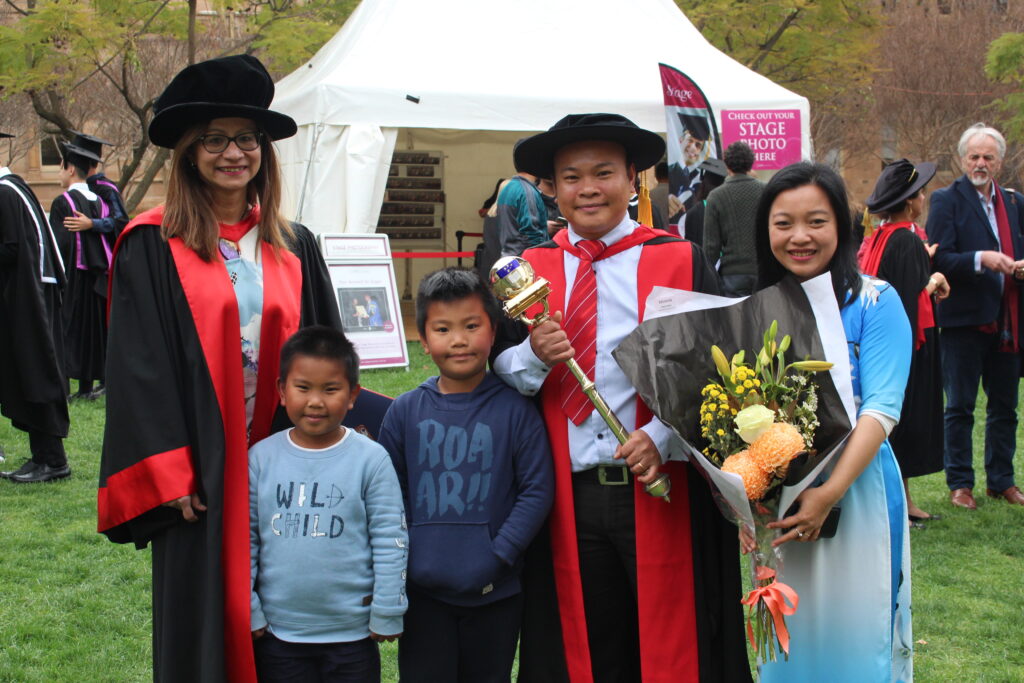
Dr Tran Nam Nghiep with his family and his supervisor, Prof. Yung Ngothai on his graduation day in 2018.
– How will winning the Australian Alumni Awards 2025 inspire you in your future work?
Being recognised at the 2025 Australian Alumni Awards is a great inspiration for me to continue to strive for greater heights in my education and research career. The award is not only a recognition of my past contributions, but also a motivation for me to expand the scope of international cooperation, especially in the Southeast Asia, where I believe that knowledge engagement will bring lasting value to Vietnam, Australia and other countries in the region.
A recent example is when I coordinated the Australia Awards Fellowship Program “Academic Skills Development in a Digital World” at the University of Adelaide, which brought together 15 outstanding scholars from 10 leading universities in India, Malaysia and the Philippines for an intensive training course on digital transformation in university teaching, research and governance.
This is not only a capacity building activity, but also a platform to develop sustainable partnerships in education, engineering, and applied science, and contribute to strengthening the relationship between Australia and countries in the region.
It is these experiences which help me realise that the greatest success of each individual is not achievements but the ability to create a bridge of knowledge and cooperation opportunities for the community. That will also be the direction I pursue in the next stages.
It is a great honour for me to be awarded the 2025 Australian Alumni Award in the field of Building Knowledge and Connecting People by the Australian Embassy and Aus4Skills Program.
This is not only a recognition for personal efforts, but also a respect for the collectives, colleagues, friends, students, and community, especially ones in Vietnam that have always accompanied me throughout my journey.
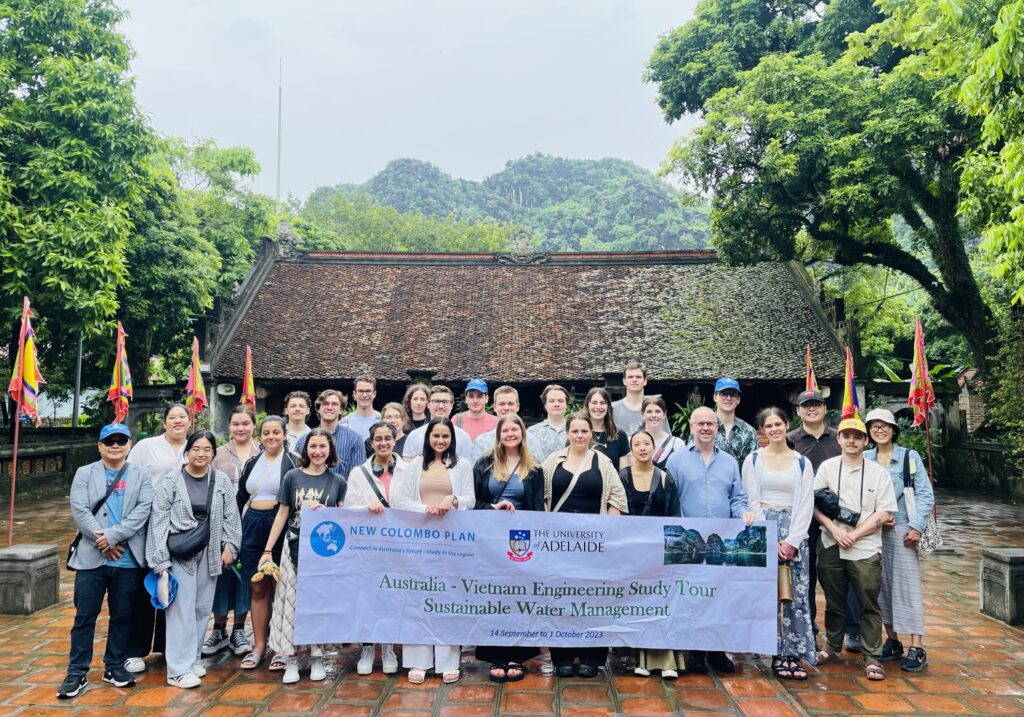
Dr Tran Nam Nghiep and his Australian students in a 2023 exchange program with Vietnamese students at Ly Thai To Temple.
– In your opinion, as Australian alumni, what will you contribute to promoting the comprehensive strategic partnership between the two countries?
As Australian alumni, I have always seen myself as a bridge to contribute to the comprehensive strategic partnership between the two countries. In my current role at the University of Adelaide as Vice Dean for International Relations (Southeast Asia), my contributions focus on education, scientific research, technology development, and innovation.
Specifically, I am promoting joint training programs, academic exchanges, joint research, and industrial cooperation between universities, research institutes, and enterprises of Vietnam and Australia.
These activities not only help improve the quality of human resources, but also directly contribute to the strategic priorities of the two countries such as green energy transition, sustainable development, semiconductor technology, and cybersecurity.
In addition to the academic field, as President of the South Australian Branch of the Vietnam-Australia Scholars & Experts Association (VASEA), I also strive to create many spaces to connect young intellectuals and experts of the two countries to jointly implement practical initiatives, spreading the value of bilateral cooperation.
This September, I will organise a working trip with partners in Hanoi and Ho Chi Minh City, including leading experts in many fields that Vietnam is prioritising, such as Prof. David Lewis, Principal of the School of Engineering and Information Technology under the University of Adelaide, an expert passionate about Vietnam.
We expect to actively contribute to the development of human resources, science and technology according to the Project on developing a system of centers of excellence to train talents in technology 4.0 by 2030 (Decision 374/QD-TTg) of the Vietnamese Government.
I believe that the engagement of the Australian alumni community will continue to be an important resource to deepen the comprehensive strategic partnership between Vietnam and Australia.
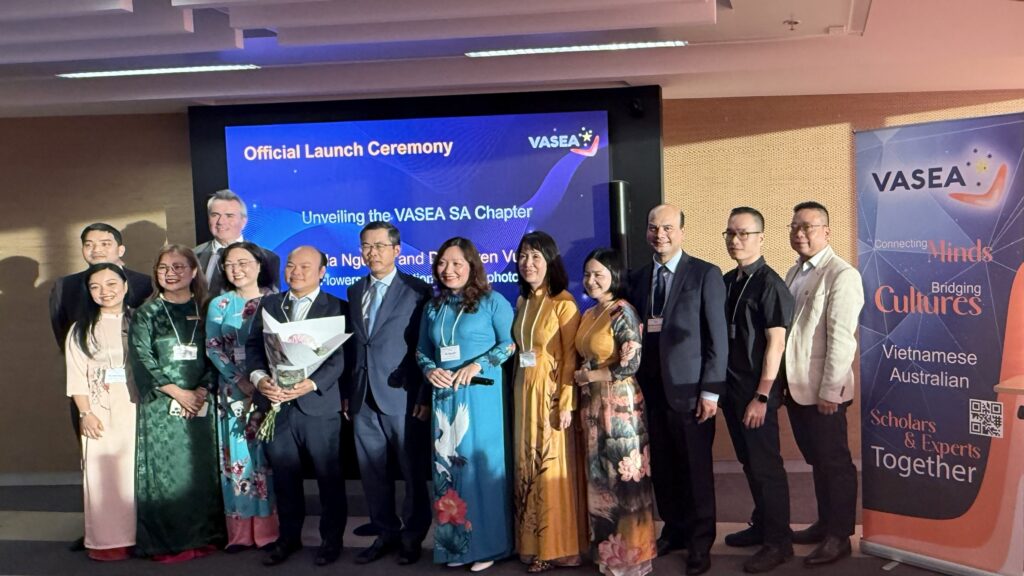
Dr Tran Nam Nghiep and VASEA steering commitee meet with Vietnamese Ambassador to Australia Pham Hung Tam in March 2025.
– What is your most memorable memory in Australia?
In early 2014, I left my family for Australia, leaving my wife and children behind. During the most uncertain days in a foreign country, I registered to participate in the host family program for international students and was fortunate to be taken in by an Australian family.
They welcomed me with warm meals, trips here and there and believed that international students like us would bring future value to Australia.
Until now, I still remember clearly the first cozy meal in Adelaide between a guy from Southwest of Vietnam and an all-Australian family, including two children who knew nothing about Vietnam but were still extremely friendly with the international student.
I treasure the kindness of Australian people for international students in general and Vietnamese students in particular. They have created favourable conditions for us to study, develop our careers and contribute to the shared prosperity of our two countries.
And that is why, despite being very busy with our work, my wife and I still welcome international students from Vietnam to Adelaide, even though we do not know them. We use our own money to provide them with a small gift bag, including rice, seasonings, bowls, and plates to cover some expenses during their first time in Adelaide, when they are not yet used to life in Australia.
To this day, we still maintain the traditional year-end meal with braised pork, pickled onions and bitter melon soup, to help the students feel less homesick and have the opportunity to celebrate the traditional Tết of Vietnam. And fortunately, many young people in the group have had initial success in Adelaide and come back to help the newcomers as we have done for the past 10 years.
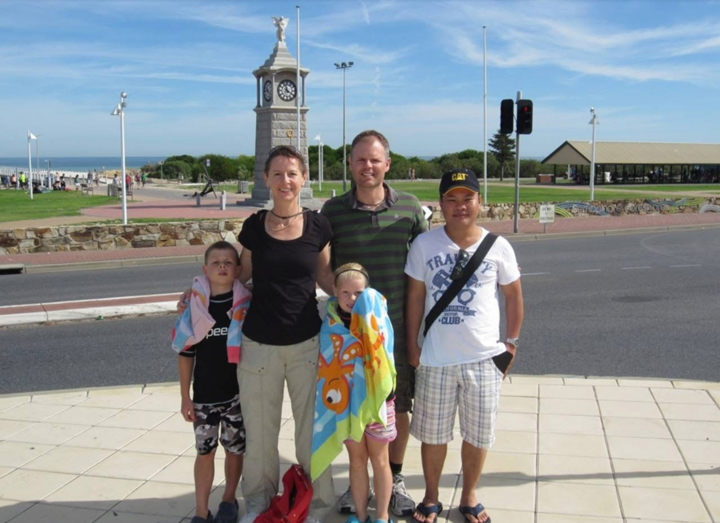
Tran Nam Nghiep and his Australian host family during his first days in Adelaide.
– What is your advice to future international students studying in Australia?
If there is one thing I would like to tell students preparing to study abroad in Australia, it must be “Go with an open heart and a willingness to learn”.
The first days will certainly not be easy due to language barriers, cultural differences, new learning environments and methods, especially the loneliness of living far away from family. However, don’t be discouraged and don’t be too hasty, most of the sweet fruits are the result of a long process of training and striving.
Take advantage of every opportunity to learn, connect, participate in community activities, improve soft skills, believe in your own values and have a clear direction for the next 3 or 5 years.
Initial success comes not only from academic results, but also from the ability to adapt, share and connect. Be brave to overcome difficulties, stay away from temptations when living far from family, and proactively expand relationships because that is the key to finding career opportunities that match your expertise.
And finally, when you have achieved certain results, remember to connect and contribute back to your homeland, because that is how we spread knowledge and create sustainable values for ourselves and the community.






